Upper Valley native co-recipient of Nobel Prize
|
Published: 10-07-2024 6:31 PM
Modified: 10-10-2024 9:26 AM |
HARTLAND — Born in Hanover and raised on a family farm in Hartland, Victor Ambros said his early life prepared him for life as a scientist.
“Farmers are do-it-yourself-ers,” said Ambros, now 70, in a phone interview on Monday. “I learned from my father and neighbors that if you want something to work in a certain way you can build something to make that happen.”
Ambros’ approach was rewarded on Monday when he and his colleague Gary Ruvkun won the Nobel Prize in physiology or medicine for their discovery of microRNA, tiny bits of genetic material that offer a way for scientists to control what’s happening in our cells and could lead to new ways of detecting and treating diseases including cancer.
The Nobel Prize-winning discovery was “a fundamental principle governing how gene activity is regulated,” according to a news release announcing Ambros and Ruvkun as the prize winners.
Ambros is now a professor of natural science at the University of Massachusetts Chan Medical School in Worcester, while Ruvkun is a professor of genetics at Harvard Medical School and a principle investigator at Massachusetts General Hospital in Boston.
“I’m surprised, and delighted especially to be recognized with my friend,” Ambros said.
Back in the late 1980s, while conducting research in separate labs at Harvard, Ambros and Rukven came across microRNAs in the genes of 1-millimeter-long roundworms called nematodes, which are often used as a model organism in research.
They set out to identify the mutated genes responsible for cell development in these worms and to determine their role. The mechanism they ultimately identified — the regulation of genes by microRNA — has allowed organisms to evolve for hundreds of millions of years.
Article continues after...
Yesterday's Most Read Articles
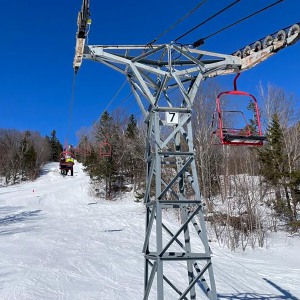 As spring skiing season winds down, one NH ski area plans to spin its lift until May
As spring skiing season winds down, one NH ski area plans to spin its lift until May
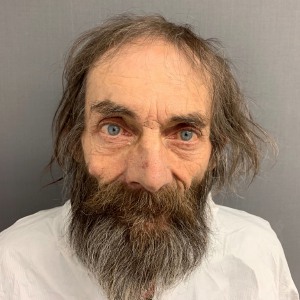 Newbury,Vt., man who killed daughter ruled to be ‘not guilty by reason of insanity’
Newbury,Vt., man who killed daughter ruled to be ‘not guilty by reason of insanity’
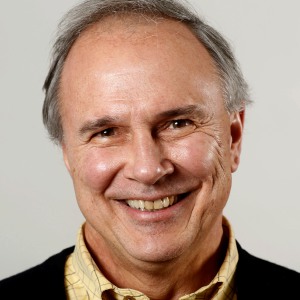 Kenyon: The true cost of lawsuit for Dartmouth Health
Kenyon: The true cost of lawsuit for Dartmouth Health
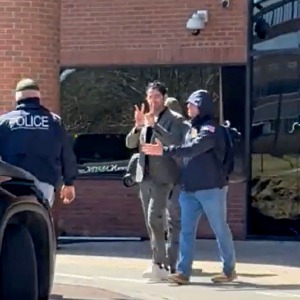 Editorial: Free speech detentions reach into Upper Valley
Editorial: Free speech detentions reach into Upper Valley
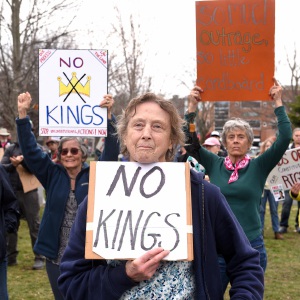 Protesters rally in Lebanon and elsewhere across the country
Protesters rally in Lebanon and elsewhere across the country
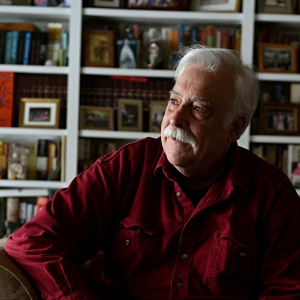 ECFiber and operating company trade legal blows as contract renewal talks break down
ECFiber and operating company trade legal blows as contract renewal talks break down
RNA is best known for carrying instructions for how to make proteins from DNA in the nucleus of the cell to tiny cellular factories that actually build the proteins. MicroRNA does not make proteins, but helps to control what cells are doing, including switching on and off critical genes that make proteins.
When it comes to diseases such as cancer, Ambros said microRNA “offer opportunities for intervention” that can be used in therapies such as inducing tumor suppression, according to the National Institutes of Health.
“Their groundbreaking discovery revealed a completely new principle of gene regulation that turned out to be essential for multicellular organisms, including humans,” according to the Monday news release from The Nobel Assembly at Karolinska Institutet.
Ambros’ current research is along similar lines.
“We continue to focus on mechanisms whereby genes regulate each other in ways that are important for animal development,” said Ambros. He said his research also focuses on “questions related to developmental clocks and timing.”
This week’s prize comes after the two men were honored for the same discovery with the $3 million Breakthrough Prize for life sciences in 2014.
The Breakthrough Prizes were founded by Google founder Sergey Brin, Meta founders Priscilla Chan and Mark Zuckerberg, Israeli entrepreneur Yuri Milner and his wife Julia Milner, and Anne Wojcicki, CEO of 23&me. The prize is sponsored by the personal funds of the founders and Chinese entrepreneurs Ma Huateng and Jack Ma, according to its website.
Ambros said he doesn’t remember a time when he didn’t want to be a scientist.
“It’s something I latched onto very early,” he said.
Decades before winning scientific awards, Ambros began his scholarship with grade school in Hartland where he said he “benefited from key teachers who really encouraged inquiry and problem solving,” particularly Wallace Vaine.
Growing up he was “not a genius and not particularly talented in any special way,” he told the Valley News in 2014.
He graduated from Woodstock High School in 1971, and earned his bachelor’s degree and doctorate from the Massachusetts Institute of Technology. He became principal investigator at Harvard in 1985, then on the faculty at Dartmouth from 1992-2007.
He and his wife Rosalind Lee still own a house in Hanover where they often spend time.
Lee is the first author of the paper that reported the discovery that garnered the Nobel.
“She’s been a collaborator, a lab manager and at the same time she manages the family,” said Ambros. “She is absolutely vital to everything I am.”
The couple have three sons all of whom spent the later part of their childhood in Hanover after the family moved from Waltham, Mass. in 1992 for Ambros’ position at Dartmout h.
Ambros and Ruvkun will travel to Stockholm in December to accept the Nobel prize, which includes $1 mi llion from a fund left by the prize’s creator, Swedish inventor Alfred Nobel.
Emma Roth-Wells c an be reached at erothwells@vnews.com or 603-727-3242. Material from the Associated Press was used in this report.
CORRECTIONS: Victor Ambros, who won a Nobel Prize on Monday, is a pro fessor of natural science at the University of Massachusetts Chan Medical School in Worcester. He was on the faculty at Dartmouth from 1992 to 2007. A previous version of this story contained an incomplete name of the medical school and an incomplete timeline of his career. Yuri Milner is an Israeli entrepreneur who co-founded and co-funds the Breakthrough Prizes. A previous version of this story contained an incorrect nationality for him.








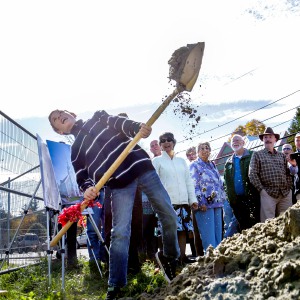 A timeline of events in the rebuilding of Lebanon’s Baptist church
A timeline of events in the rebuilding of Lebanon’s Baptist church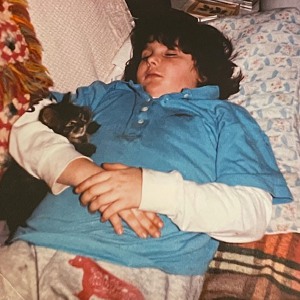 A Life: Kelly Kangas ‘just always had that spirit’
A Life: Kelly Kangas ‘just always had that spirit’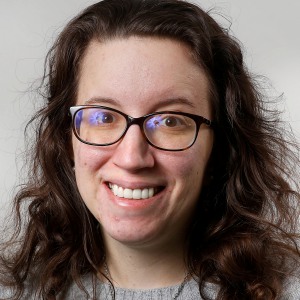 Out & About: Teen center finds a new home in Bradford, Vt.
Out & About: Teen center finds a new home in Bradford, Vt.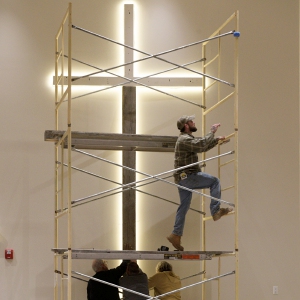 First Baptist Church in Lebanon celebrates first service in new building eight years after arson
First Baptist Church in Lebanon celebrates first service in new building eight years after arson
